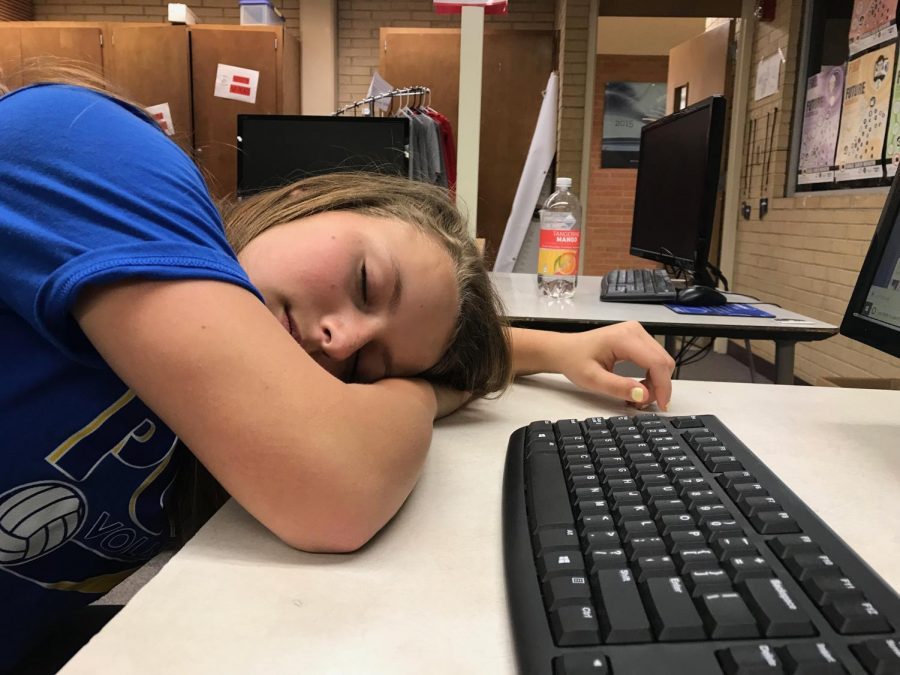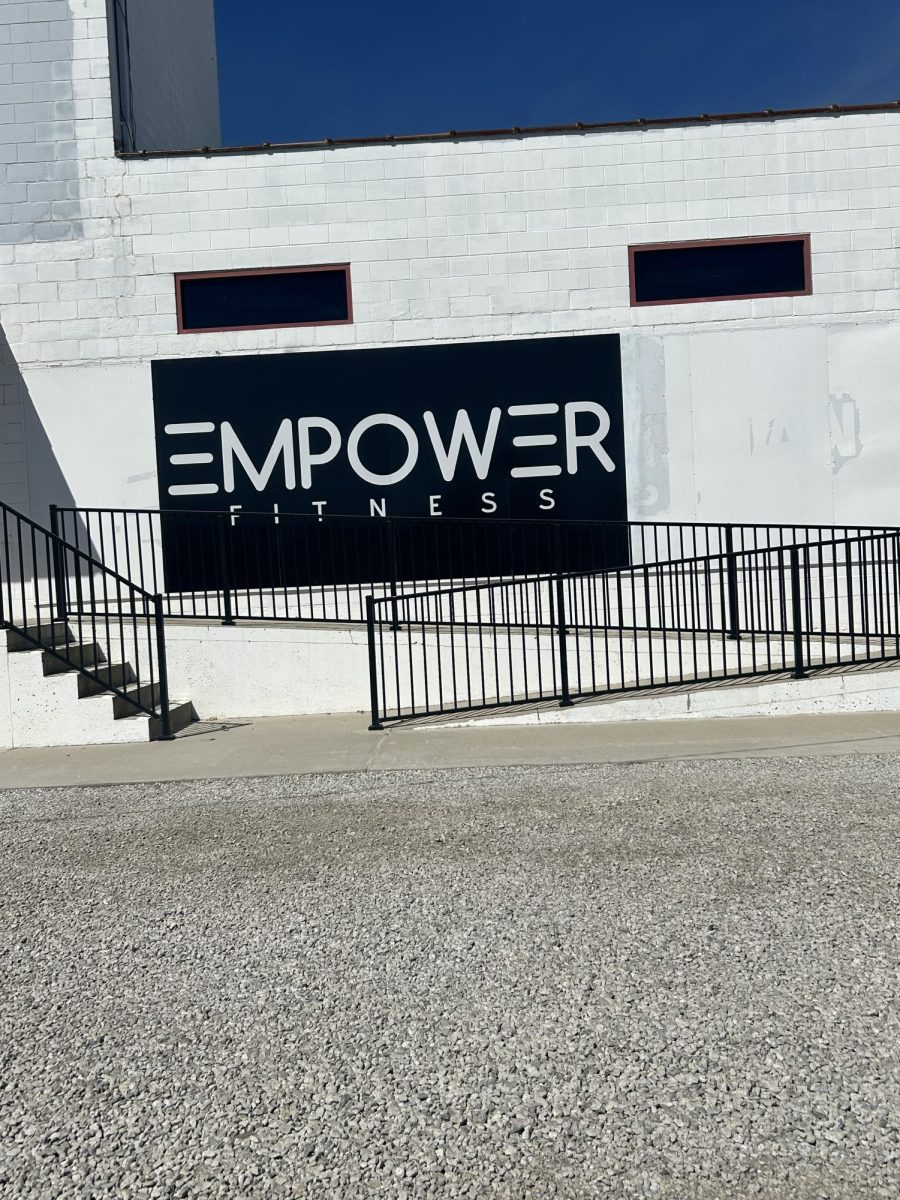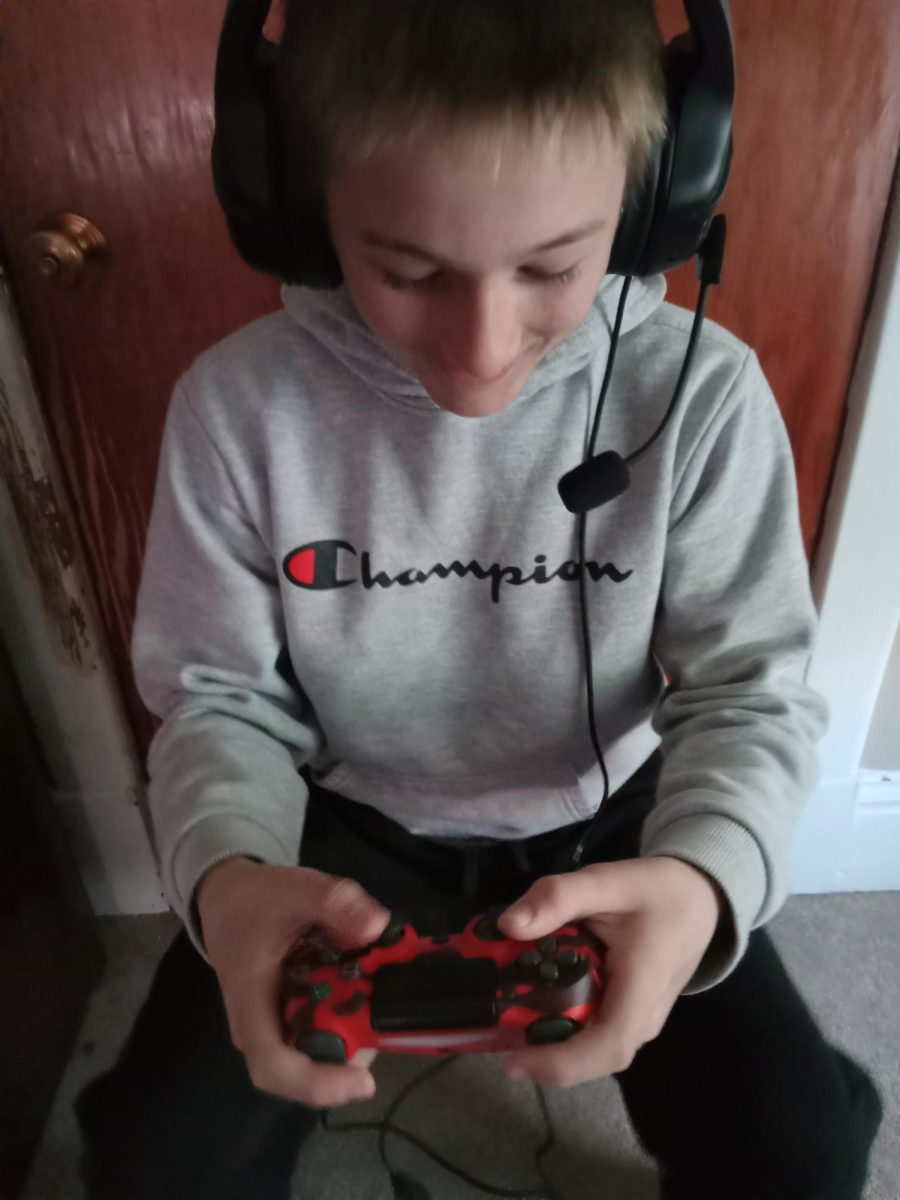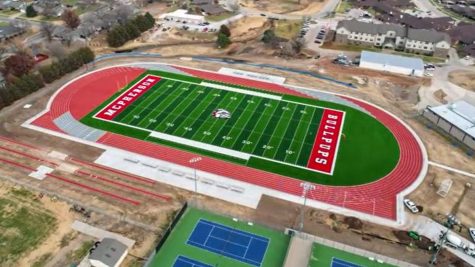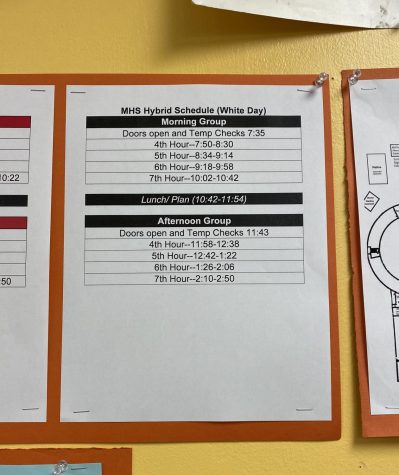The Impact of School Starting Later
The American Academy of Pediatrics has recommended that middle and high schools start at 8:30 a.m. or later. Katelyn Mintzer demonstrates what happens when you don’t get the recommended amount of sleep.
April 30, 2019
Many students at MHS would love to have a later school starting time, but could this actually benefit the students? A problem for many teachers at schools is students falling asleep during class. They not only miss out on the lesson, but they also might get a detention. If MHS teens brains aren’t awake when the teachers are teaching, are they even learning?
Teens need an average of about 9 and a half hours of sleep per night. While some people are very against schools starting at a later time, they may not know the disadvantages that students are currently facing. Health and brain development being very important, not getting enough sleep can cause sleep deprivation. During puberty, teens tend to get drowsy at a later time than usual. This would mean more morning sleep is needed however, the first bell at MHS is at 7:50 a.m. Depriving teens of their sleep can cause them to be inattentive, make it hard to cope with stress, and make them unable to obtain information. With that, there also becomes a higher risk for drowsy driving, depression, behavioral problems, and poor impulse control.
While the students would have to then be released at a later time, this is a reasonable price to pay for the many improvements that would be made among students. Grades possibly raising, little to no students falling asleep in class, and all of the health concerns could be fixed. Whether you are a parent, administrator, or student, you should definitely consider the benefits to starting school at a later time.



